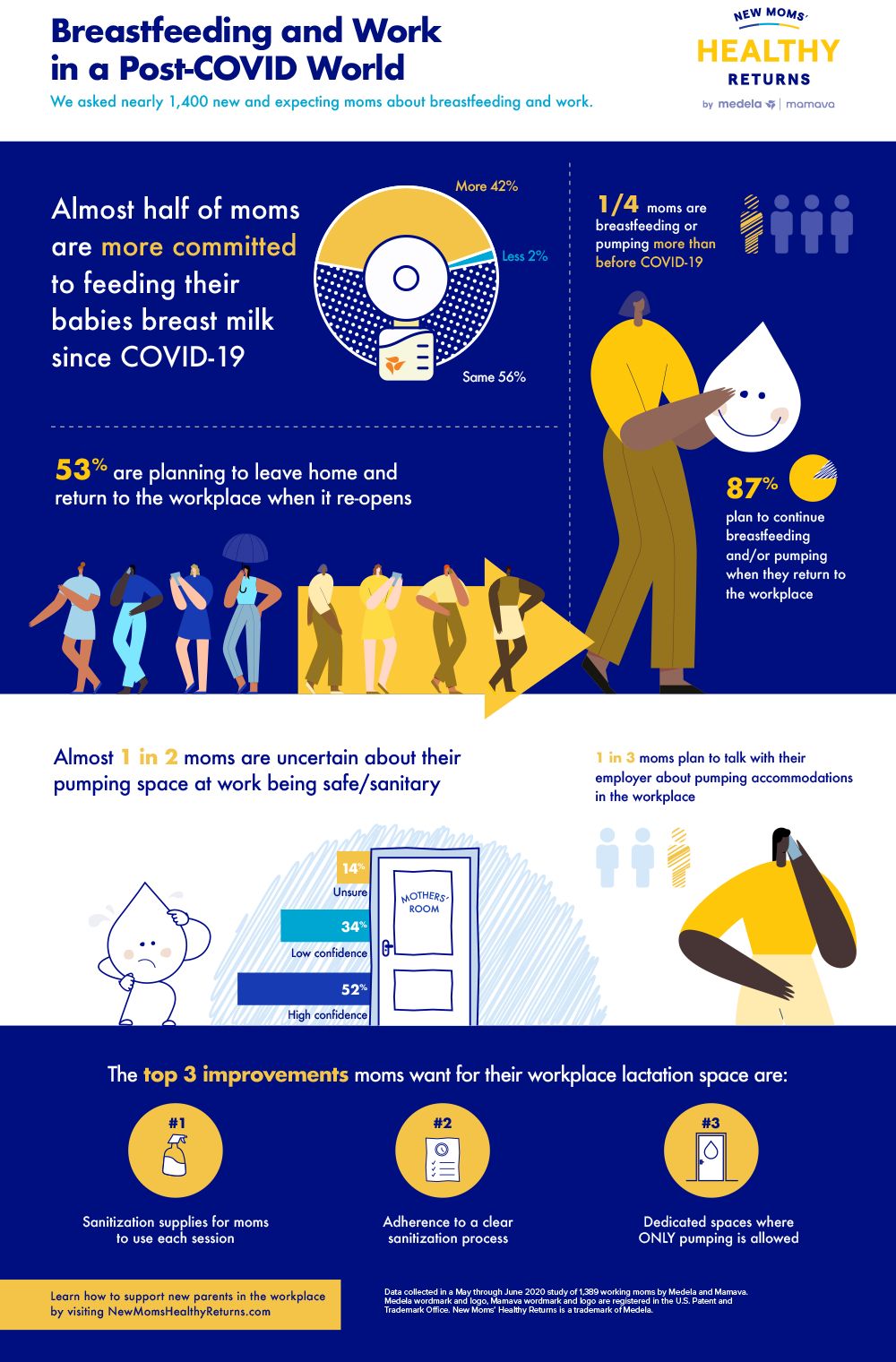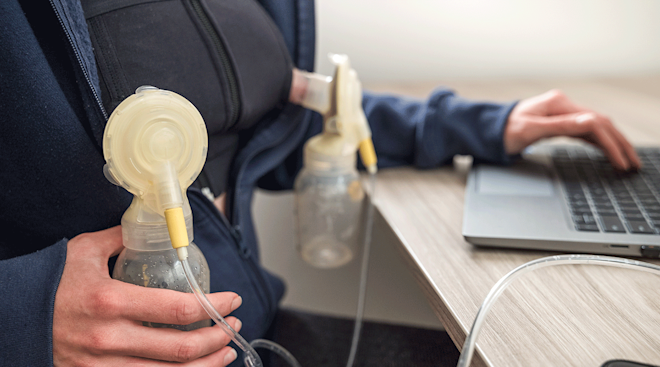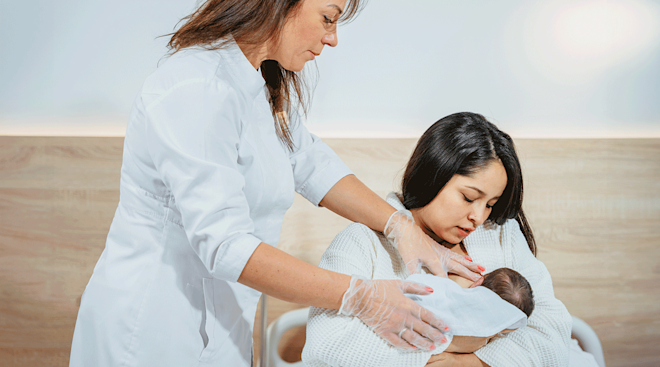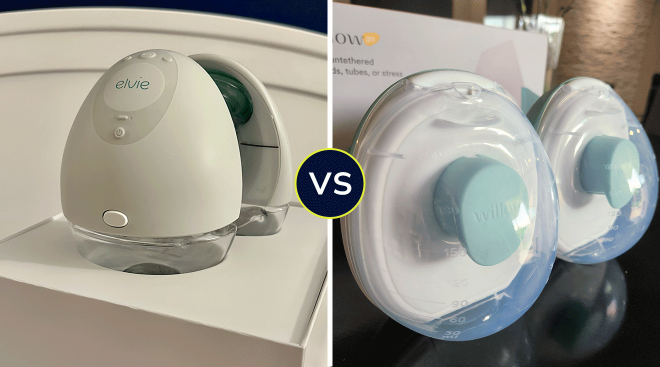Survey Finds Moms Are More Committed to Breastfeeding During COVID-19
As the country starts to reopen, many surveys are finding that Americans are still hesitant to return to “normal.” This is especially true for parents with young children—including breastfeeding moms. Two new surveys from Medela and Mamava, the partners behind New Moms’ Healthy Return, asked new and expecting moms about breastfeeding in the workplace. They found that more moms are breastfeeding now than before due to the pandemic.
The first survey, conducted in May and June 2020, looked at breastfeeding in the COVID-19 era. The respondents were 1,389 working moms who are, or plan to, feed their baby breast milk. The survey found that more than 40 percent of moms are more committed to breastfeeding their babies due to COVID-19 in hopes of better supporting their immune systems. One in five moms said they expect to breastfeed or pump longer than they initially planned due to the virus. When it came to returning to work, 53 percent said they planned to return to work when it reopened. Of those women, 87 percent plan to continue breastfeeding or pumping when they return to the workplace.
“Breast milk is associated with broad health benefits for babies and moms, including being an important factor in seeding healthy bacteria that shape and bolster the immune system,” Sascha Mayer, CEO and co-founder of Mamava, said in a press release. “So it’s not surprising that our survey found that many moms are even more committed to feeding their babies breast milk during this time of COVID.”
However, one in two moms are uncertain about their pumping place at work being safe or unsanitary, and one in three moms plan to talk with their employer about pumping accommodations in the workplace. The top three things moms want are sanitation supplies available inside and outside the lactation space, a clearly published and adhered to cleaning and sanitization process and a dedicated space where pumping is the only allowed activity.
The second survey, conducted in January 2020, looked at over 2,000 moms and how they felt about breastfeeding at work. The respondents were 2,068 working moms who are feeding their baby breast milk. The survey found that 4 out of 5 moms wanted better breastfeeding support from employers, but only 54 percent felt comfortable speaking to a manager or HR about it. The hardest part about breastfeeding at work, the survey found, was limited time to pump at work (35 percent), stress of pumping enough milk (34 percent), work travel (16 percent), poor lactation space (6 percent), unsupportive coworkers (5 percent) and other (4 percent). For 57 percent of respondents, returning to work decreased milk supply (supply remained unchanged for 40 percent and increased for 3 percent).
When it came to the best employer benefits, 37 percent cited breastmilk shipping, location consultant services, working from home allowances, accommodations at meetings and work events, free pump and accessories, unlimited pumping time and lactation spaces for multiple moms. Meanwhile, 33 percent said flexible return to work schedule and 20 percent said lactation space stocked with supplies.
“Returning to work after baby has always been a critical transition, and it will certainly look different when factoring in post-COVID health precautions for breastfeeding mothers. Now, perhaps more than ever, employers need to understand the nuanced concerns of new moms and establish procedures that will make her comfortable in the workplace,” Melissa Gonzales, executive vice president of the Americas, Medela LLC, also said in the release. “Feedback from our survey included ideas for concrete steps that employers can take in order to put moms at ease for pumping at work, and we’re excited to help employers implement these solutions.”
Please note: The Bump and the materials and information it contains are not intended to, and do not constitute, medical or other health advice or diagnosis and should not be used as such. You should always consult with a qualified physician or health professional about your specific circumstances.
Navigate forward to interact with the calendar and select a date. Press the question mark key to get the keyboard shortcuts for changing dates.






















































